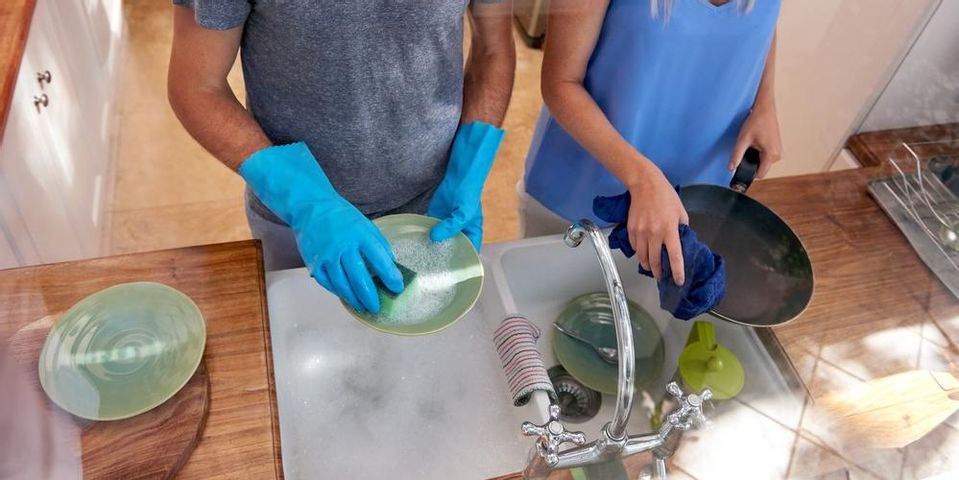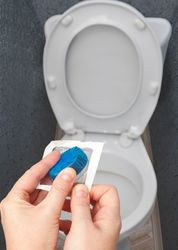Are Bacteria Additives Good for My Septic Tank?

Since septic tanks naturally contain bacteria to process waste, many people wonder whether using a bacterial additive will make the system work more efficiently. Not only are these products unnecessary, but they can also harm the tank’s delicate ecosystem. The following guide explains how your septic system works and what you can do to protect it instead of using a bacterial additive.
How Does the Septic System Function?
The septic tank is designed to separate waste solids, or sludge, from liquids. The solids remain in the tank and will need to be pumped periodically according to a recommended maintenance schedule. Naturally occurring microorganisms break down the waste and keep the tank balanced.
 The solid waste gives the bacteria the fuel it needs to reduce amount of sludge in the tank, preventing clogs. When you flush the toilet, the bacteria in the septic tank begins the anaerobic breakdown process. While some people use bacterial additives to break down waste even further or reduce tank odors, these products will only interfere with the system’s process and may even contaminate your groundwater.
The solid waste gives the bacteria the fuel it needs to reduce amount of sludge in the tank, preventing clogs. When you flush the toilet, the bacteria in the septic tank begins the anaerobic breakdown process. While some people use bacterial additives to break down waste even further or reduce tank odors, these products will only interfere with the system’s process and may even contaminate your groundwater.
How Can I Keep the System Healthy?
It’s normal for homeowners to look for ways to keep their septic systems running smoothly. The best way to protect the septic tank is to avoid bacterial additives and follow the maintenance guidelines recommended by your septic repair technician. With regular professional pumping and maintenance, a system can last for several decades.
Ensure that your septic tank will continue working efficiently for years to come by following a few smart tips and keeping your system free of additives. Contact Martin’s Septic Service in Milledgeville, GA, when you need help with wastewater system maintenance and repairs. Call (478) 452-8272 to schedule an appointment, and visit them online for more information about their septic maintenance services.
About the Business
Have a question? Ask the experts!
Send your question

